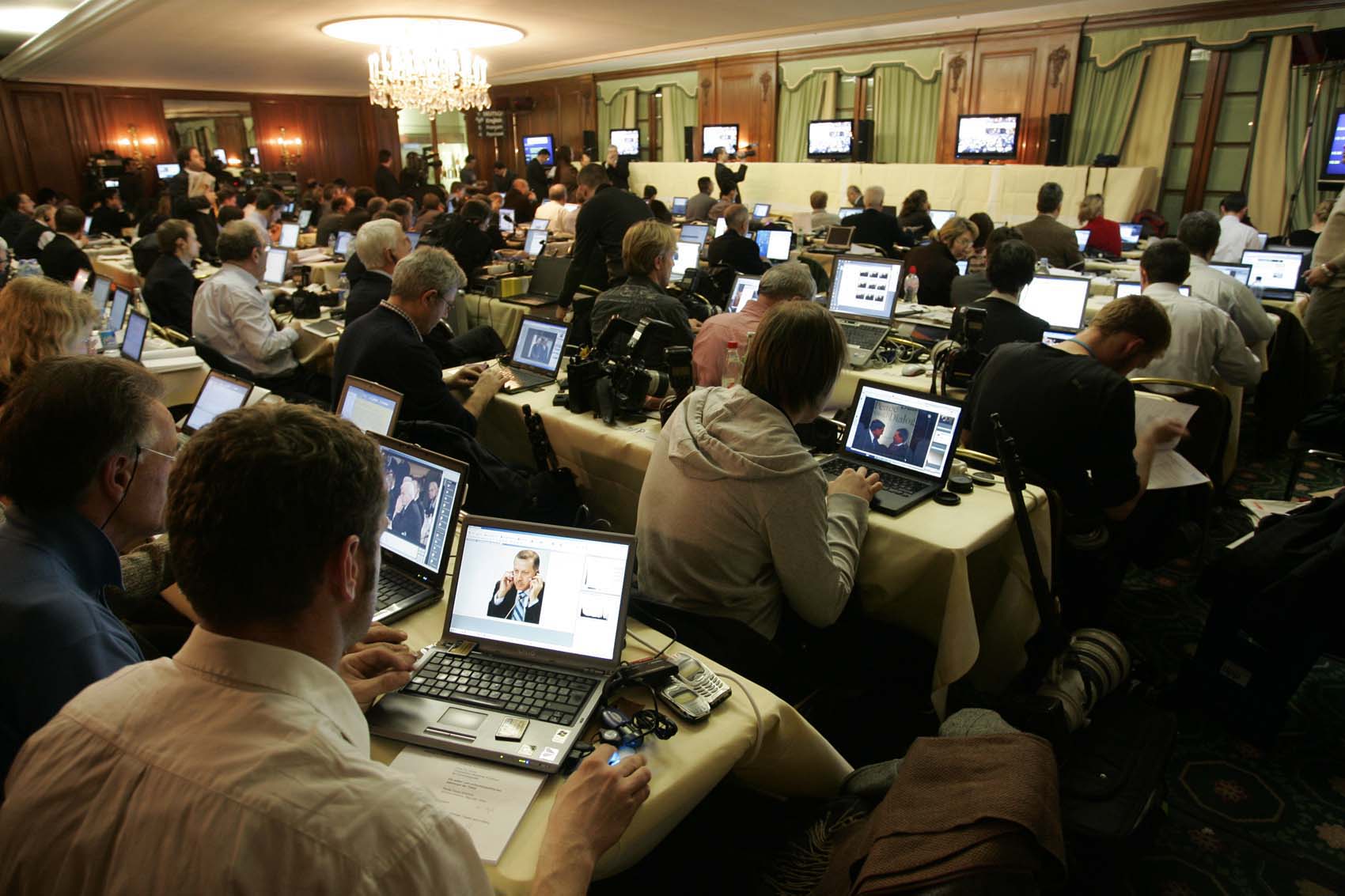
An article in today's NY Times sums it all up.
Entitled "Digital Media Hits A Rut. What's Next?", it clearly lays out the very fundamental problem with digital media in general and journalism in particular - no one can make any money at it.
This was driven home in a forceful way last week when Buzzfeed, The Huffington Post, and Vice collectively laid off 1,000 employees.
This was coupled with layoffs at MIC, Gannett, and others.
The problem: no money.
If there's no money, there's no journalism. It's a simple as that.
Chris Hayes, the MSNBC anchor summed it all up: "What if there is literally no profitable model for digital news?'
Maybe there is a model, but maybe, as with all things digital, it's not the model that everyone thinks it is. After all, all that these media companies have done, big or small, legacy or startup, is to plug the digital universe into the old linear business model. That is, we make content, you read it or watch it and we charge advertisers for your eyeballs.
That was great when there was one daily newspaper a day and one nightly news at night. It even worked when cable came along and began cannibalizing news viewers. But in a world in which anyone can make and post content and in which there, without hyperbole, millions of websites fragmenting an already fragmented viewership... AND, when Google and Facebook vacuum up 90% of the ad dollars - well, maybe the old model just does not work.
If that's the case, then what does?
Let's start from scratch.
To pay for journalism you need revenue.
Advertising clearly does not work, no matter what iteration - banner ads, pop-ups, pre-rolls. Doesn't' matter. Doesn't work.
So maybe advertising is no longer the way to pay for journalism.
Let me propose a radical, but I think rather interesting alternative:
Let's start with a quote from one of my heroes, Edward R. Murrow:
This instrument can teach, it can illuminate; yes, and it can even inspire. But it can do so only to the extent that humans are determined to use it to those ends. Otherwise, it is merely wires and lights in a box. There is a great and perhaps decisive battle to be fought against ignorance, intolerance, and indifference.”
―


